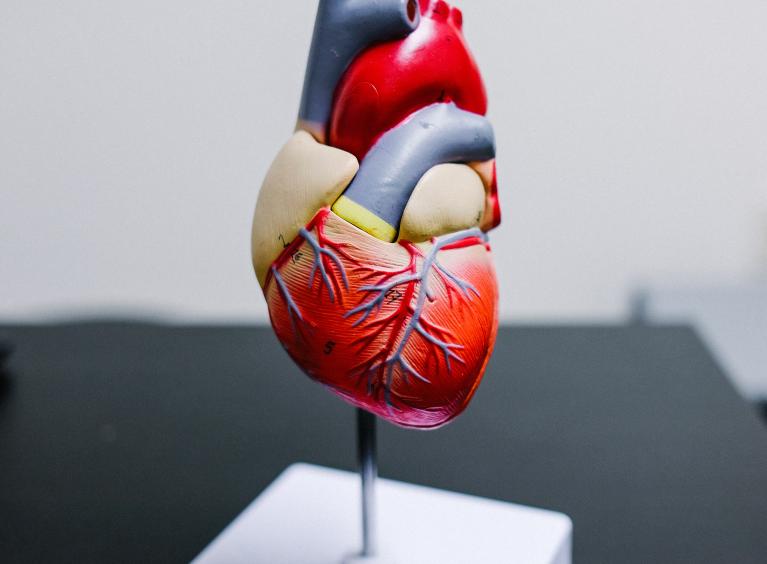Our Emergency Department is very busy right now and some people are experiencing long waits. If you do not require emergency care, please use an alternative such as 111 online.
NHS England, working with the Stroke Association, has relaunched the Act F.A.S.T. stroke campaign, which highlights that a stroke is a medical emergency and urges people to call 999 immediately if they notice signs of a stroke in themselves or others.
The primary audience for the campaign is people aged 50+, as this age group is more likely to experience a stroke. The campaign is also relevant to a wider all adult audience of ‘stroke savers’ who may witness somebody showing one of the stroke signs, be it a loved one or a friend.
The aim of the campaign is to reduce the amount of time between someone having a stroke and arriving at hospital and therefore receiving appropriate care.
Barnsley Emergency Medicine Consultant and the hospital’s Deputy Medical Director James Griffiths said:
“A stroke is a serious life-threatening medical condition that happens when the blood supply to part of the brain is cut off. Urgent treatment is essential. The sooner a person receives treatment for a stroke, the less damage is likely to happen.
“We know that the people of Barnsley are stoic and sometimes don’t want to bother anyone but it is vitally important that, if they notice symptoms of a stroke – facial droop, arm or leg weakness or speech difficulty – they must dial 999 ASAP.
“This will give them the best chance of receiving the best possible care, which might involve being admitted to a Hyper Acute Stroke Unit in Doncaster or Wakefield. As with most conditions, getting the right patient to the right specialist at the right time is crucial in ensuring we get the best possible outcomes for Barnsley stroke patients.”
South Yorkshire Integrated Stroke Delivery Network Manager, Jaimie Shepherd, said:
“Stroke is the fifth single leading cause of death in South Yorkshire and each year there are around 450 people in Barnsley who experience a stroke. It is so important to seek urgent help and dial 999 if you experience stroke symptoms. This will ensure that you are taken to the right hospital where you can receive life-saving and brain-saving treatment quickly. We want everyone to be alert to the symptoms of stroke, so that if they witness someone they know experience these, they can Act FAST and get urgent help.”
Signs of a stroke
Think and Act F.A.S.T. if you see any single one of these signs of a stroke:
- Face – has their face fallen on one side? Can they smile?
- Arms – can they raise both arms and keep them there?
- Speech – is their speech slurred?
- Time – even if you’re not sure, call 999
Call 999 when you notice any single one of these signs of stroke.
Some other signs that may be due to a stroke or mini stroke include:
- Sudden loss of vision or blurred vision in one or both eyes
- Sudden weakness or numbness on one side of your body (including in your leg)
- Sudden memory loss or confusion
- Sudden dizziness, unsteadiness or a sudden fall, especially with any of the other signs
For more information, visit the NHS ActFAST webpage.
Facts and statistics
- Stroke is the fourth single leading cause of death in the UK and the single largest cause of complex disability.
- The estimated aggregate societal cost of stroke is £26 billion per year, including £8.6 billion for NHS and social care.
- Around 100,000 people have strokes each year in the UK. This is around one stroke every five minutes.
- Stroke also disproportionately affects some groups, with black people being twice as likely to have a stroke than white people. On average, people of Black African, Black Caribbean and South Asian descent in the UK have strokes when they are younger. The campaign will include specific activity targeted at ethnic minority.
- Prompt recognition of symptoms ensures that people having a stroke can get emergency treatment earlier giving them the best chance of survival and recovery.

